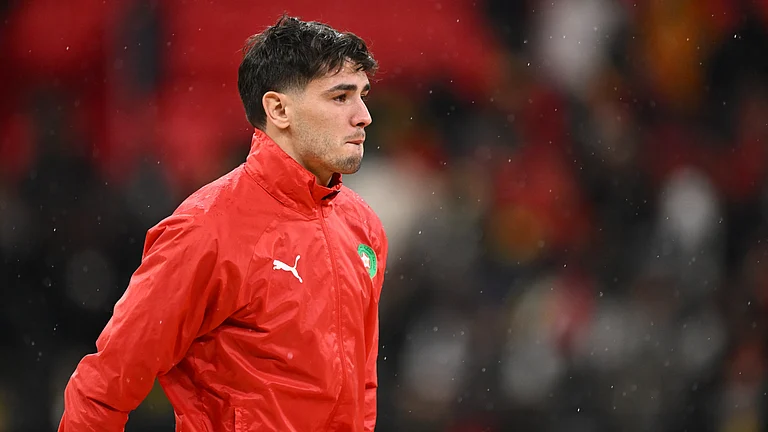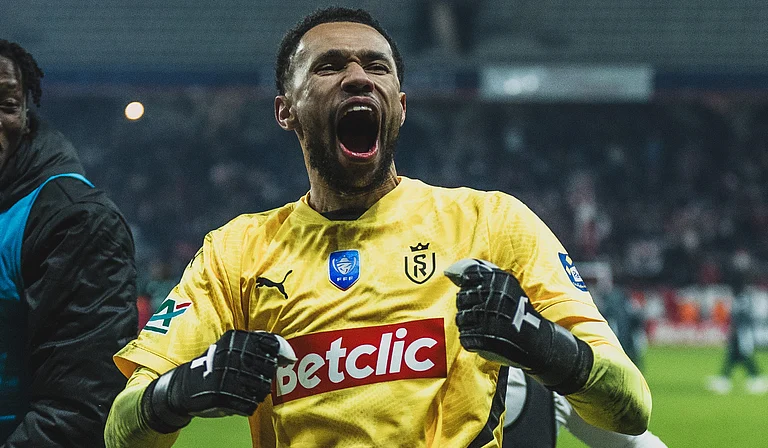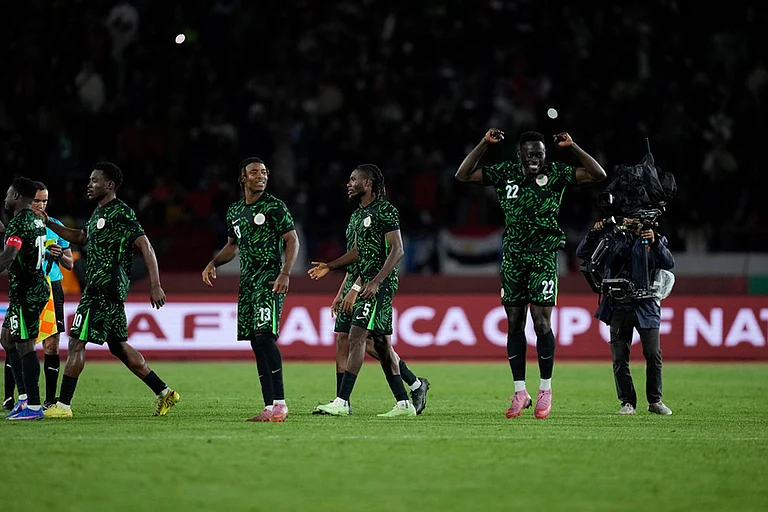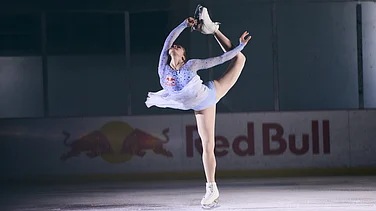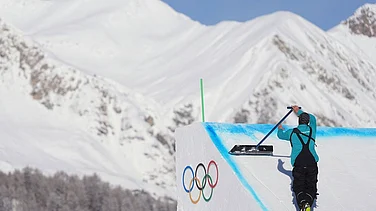With each passing day, the world draws nearer to focusing all its attention on the capital city of France, Paris, where the Olympic Games 2024 are set to unfold. Anticipation, excitement, and apprehension blend together as July 26, Friday, the opening ceremony day, finally approaches. However, amidst the thrill of this grand sporting event, many big controversies loom, sparking intense debate, and raising thousands of questions. (More Sports News)
From election preparations to enforcing its own liberal laws on atheletes, such as the hijab ban, France finds itself grappling to reach a neutral resolution. Amidst this, the nation faces ongoing challenges, including security concerns linked to the Israel-Palestine conflict and other threats.
Here's a look at the five biggest controversies that surround the Paris Olympic Games 2024:
Controversies At Paris Olympics 2024
1. Hijab Ban
France's secularism laws have sparked controversy, particularly regarding the wearing of hijabs by its Muslim athletes. While the International Olympic Committee (IOC) permits the wearing of religious attire, including the hijab, within the Olympic Village, French athletes have faced restrictions under their national laws.
This conflict came to a head during the 2024 Olympics when Sounkamba Sylla, a member of France's women's relay team, claimed she was prohibited from participating in the Opening Ceremony's Parade of Nations due to her hijab.
France, one of Europe's largest Muslim minority populations country, is struggling to find a balance between its secular principles and individual human rights. Meanwhile, international criticism looms around the host city of the Summer Games.
2. Transgender Women Ban
This time, in a historic milestone, the Olympics 2024 have achieved 50/50 gender equality. However, the controversies now persist regarding gender diversity, surrounding around the transgender athletes.
According to IOC guidelines, the only transgender women who are allowed to compete in women's category events are those who have completed their transition before the age of 12. This decision aims to mitigate any potential biological advantage from male puberty.
Given this, many sports organizations including World Aquatics, and global rugby organisers, have enforced bans on transgender women participating in women's categories since 2020 and 2022 respectively.
As a result of this ban, 13 athletes with differences in sex development, had to miss the 2023 World Athletics Championships - a world-ranking event that was meant to qualify them for the Olympics 2024.
3. Ban Israeli athletes
Amidst the ongoing Israel-Palestine political conflict, which has now persisted for nearly 10 months, concerns about the athlete's safety ask one question - Is Paris 2024 going to be another Munich 1972?
Pro-Palestine protestors are calling for a ban on Israeli athletes participating in the Olympics. However, IOC chief Thomas Bach has stated that no such discussions are underway.
The call for a ban stems not only from the political tensions between the two nations but also from threats to the safety of Israeli athletes. Several athletes have reportedly received death threats via email, warning of violence upon their arrival in Paris, mirroring the massacre that occurred in Munich over five decades ago.
4. Polluted River Seine
The opening ceremony of the Paris Olympics 2024 will be held at the Seine River of Paris on July 26, Friday. The river that was banned from swimming for more than a century due to its polluted water will also host the triathlon swimming events on July 30, and 31 and the marathon on August 8 and 9.
It has been reported that there will be 220,000 spectators and 45,000 police and security officers at the Seine during the opening ceremony which has the opportunity for free entry.
Back in 1900 Olympics, the Seine hosted rowing, water polo, and swimming events. However, concerns about pollution led to a ban that has lasted for 123 years.
A whopping amount of $1.5 billion has already been poured into cleaning the river water, however, concerns about water quality persist especially during the rainy season. Parisians have voiced protests, citing potential health risks for athletes participating in swimming events scheduled in the river. Anne Hidalgo, the mayor of Paris, have taken a dip in Seine to ensure that the water is good to go, but does it answer the question - is the Seine ready for Olympic swimmers?
5. Argentina Vs Morocco Football Match
The men's football event of the Paris Olympic Games 2024 kicked off with a controversial first round match in Saint-Etienne, France on Wednesday (July 24) between Argentina and Morocco.
Morocco emerged victorious against Argentina 2-1. But, there was a moment when the match was held at 2-2 draw with Cristian Medina's late goal in stoppage time. Unfortunately, two hours later, the goal was disallowed for offside after a review by the video assistant referee (VAR).
The goal that almost prevented Morocco's victory was protested by fans as they crashed the pitch, and started throwing objects. The invading Morocco fans were tackled by security on the field, and the game was suspended for nearly two hours with only few minutes of play remaining which was done later amidst an unusual circumstance - in an empty stadium.









